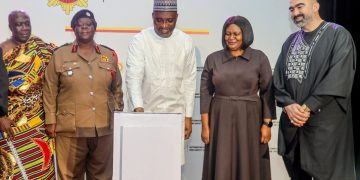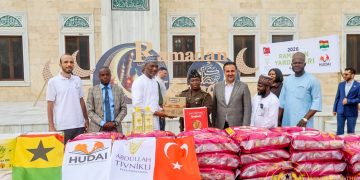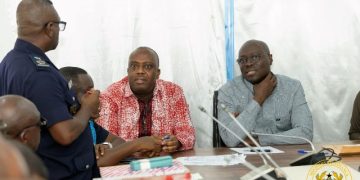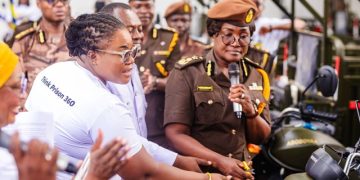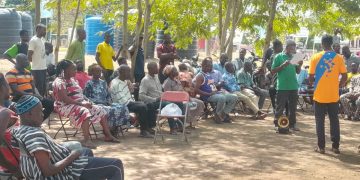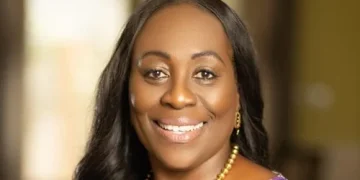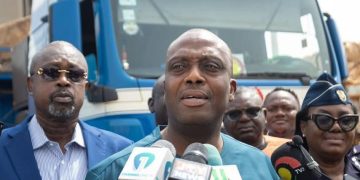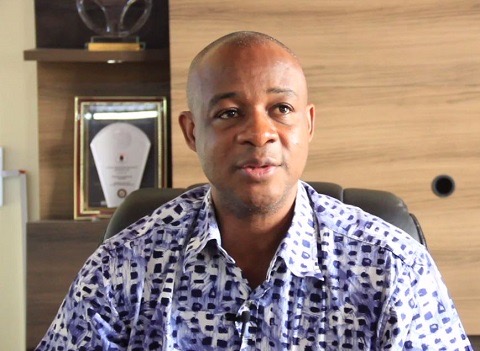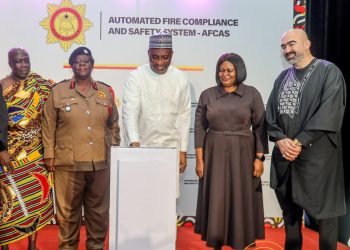The Executive Secretary of the National Commission on Small Arms and Light Weapons (NACSA), Dr. Adam Bonaa, has disclosed that no individual or institution has been granted permission to manufacture weapons of any kind in Ghana.
Speaking on The Ultimate Drive moderated by Mr. Berry, Dr. Bonaa explained that the core mandate of the commission is to educate the public on the harmful effects of firearms whether licensed or unlicensed as part of efforts to reduce the rising trend of gun-related crimes in the country.
According to him, the Ashanti Region recorded the highest rates of gun-related crimes in both the first and second quarters of the year, attributing the situation to the absence of effective measures over the years to mop up weapons in circulation.
He further blamed the previous NPP administration for failing to implement proposals by Civil Society Organizations (CSOs), of which he was part, to tighten gun regulations when a bill was drafted to address the issue.
Dr. Bonaa lamented that the commission currently lacks enforcement powers, stressing that there is no independent regulatory body with the same authority as, for instance, the National Communications Authority (NCA).
He noted that although NACSA operates within international frameworks and guidelines, its powers remain limited, which hampers effective control.
He described Ghana’s existing gun laws as outdated and unfit for purpose, stating:
“The gun laws we have in this country are older than some of us here, and they no longer meet the needs of our time.”
Dr. Bonaa, however, expressed optimism that under the Resetting Agenda of President John Dramani Mahama, as outlined in his first State of the Nation Address and the NDC’s 2024 Manifesto, Ghana will see stricter firearm regulations.
He assured the public that significant reforms are underway to restore confidence in the commission’s work.
Highlighting recent progress, he revealed that several arrests have been made, with the recovery of 10 firearms in the Ashanti Region and 14 more seized through collaborative efforts with the Ghana Police Service.
These operations, he said, form part of the government’s renewed commitment to rid the country of illegal weapons.
Drawing a comparison with the ongoing fight against illegal mining (galamsey), Dr. Bonaa noted encouraging progress, such as reports of the Ankobra River gradually regaining its natural state. He urged Ghanaians to remain patient and supportive of the measures being implemented.
“It is not as if nothing is being done. Just as we are seeing progress in the fight against galamsey, we will soon see real changes in the regulation of firearms. Let us all play our part in building the peaceful, united, and attractive Ghana that we all desire,” he advised.
Dr. Bonaa concluded with a passionate appeal
“We cannot fail this country. Ghana is sweet, and we must do everything humanly possible to make it a better place where peace, love, and unity thrive drawing more tourists and opportunities to our land”.
Story by: Emmanuel Anyam


